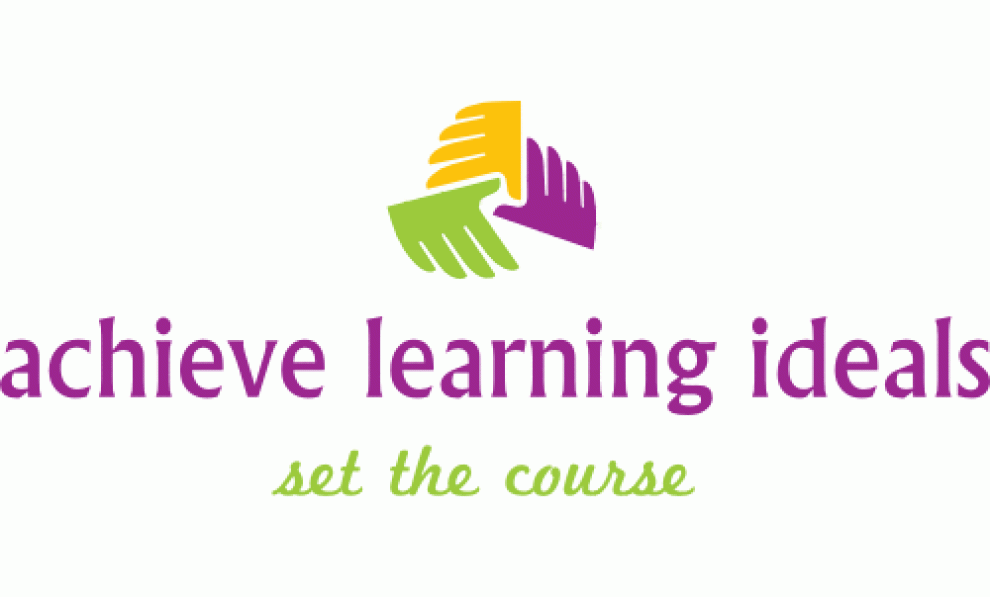Blended Learning as a Tool, not a Crutch
Best feeling for an educator? hearing actual excitement in the student’s voice about anything they are pleased to be accomplishing!
Blended learning in the classroom may make this possible, even if not every student has a personal learning device. But only recently have educators begun to share how much planning must actually go into a classroom activity that properly uses technology as an asset to the lesson, as an opportunity for self paced review, as a chance to challenge oneself in any of the core curriculum areas or strands, and as a tool for the teacher to instigate personal lesson plans. And like the dreaded accountable lesson plans of yesteryear, blended learning requires a skill, and most definitely time to prepare.
When students recognize that “watch this video then do the exercises” is not an option but part of the course material, teachers offering material at the correct level and pace for the majority of students in the classroom are teachers who have first watched the video, practiced the accompanying exercises, and been able to evaluate their potential effectiveness in his or her particular learning environment, and then been willing to observe the variety of reactions to the self paced learning established. This requires being a reflective practitioner, not simply supplying websites akin to the multiple printed pages of extra sheet-work which used to be (and may still be) in stacks for the access of the one’s who finished regular assigned exercises quickly. The benefits of being a “seasoned educator” and currently working one to one means having time to hear the complaints which students from k-12 feel comfortable voicing in a safe and non-school environment. And indeed students may love technology, and for the younger set, the elementary students who are offered the bonus use of an open computer once all regular work is completed, they do enjoy that “freedom to play” though they tend to “play” on prescribed websites. Older students though actually want to feel that any time spent on an educational pursuit translates into marks- and even with all the vocal squawking from educators that marks do not make the person, students actually enjoy some form of visible recognition for their hard work and some form of noting their own achievements!
Tests, quizzes, levels of accomplishment, challenges, problems to be solved, badges- formal academics, and Minecraft basics? Yes. Gaming and personal goals to get to the next level are the challenges set by anyone determined to practice and improve, and then practice some more, regardless of whether an athlete, an artist, a business owner or an academic! And when any type of advice is requested, the hope is that once applied, such advice will enable the asker to make it to the next level- else why bother asking if trial and error is sufficient? Because as Humans our society improves when we share knowledge; teachers have a value in the classroom and on the street. And students quickly learn that they can learn from their peers, from their parents, and from the formal and informal lesson plans that everyday life offers. Not everyone is gearing directly toward higher academics, but the skills sets of focused activity, group and individual participation, personal motivation, and ability to inquire, to request information and to then personally evaluate the responses received- these are skills for Life. And Educators’ work load is only appearing to have been made easier with the concept of “blended learning” or the idea of students becoming “self-paced” for learners of all levels, and all ages, require solid challenges and a chance to also become “the instructor” sharing their personal understanding of any activity, being peer to peer guides, and whenever possible, even teaching their elders for in such a fluid learning environment the conversation may actually be “spontaneous” rather than contrived (look at a student teacher’s notes and one may find actual hoped for dialogue appearing in the lesson plans!) with the surprising by-product once removed from the goal, of increased marks and scores on those tests which are still the basic means to evaluate any learning endeavor.
